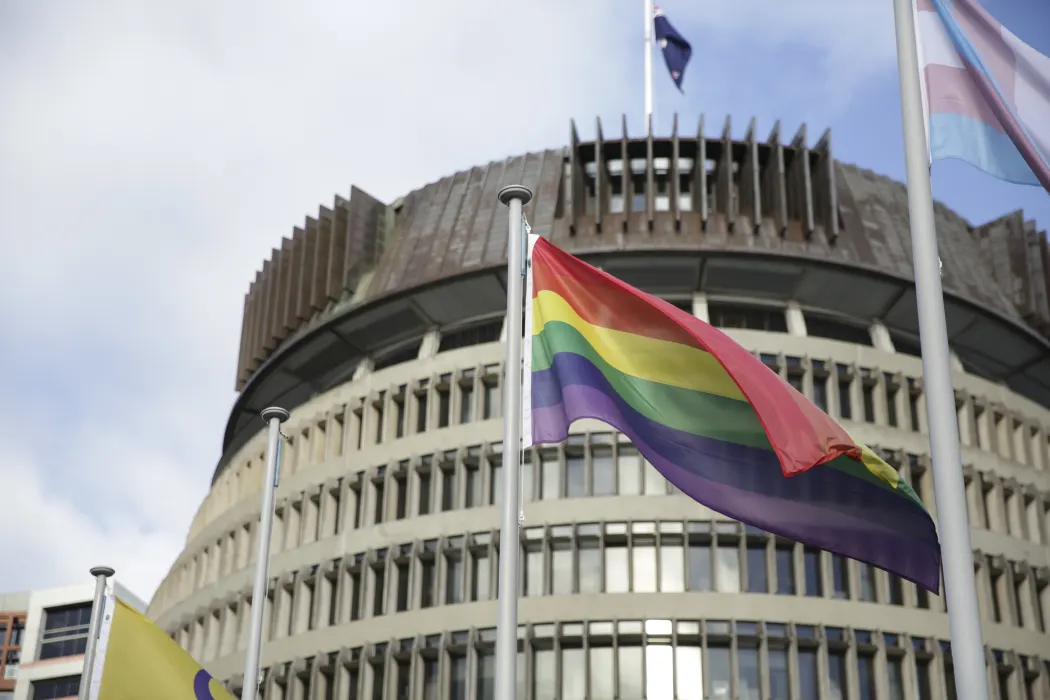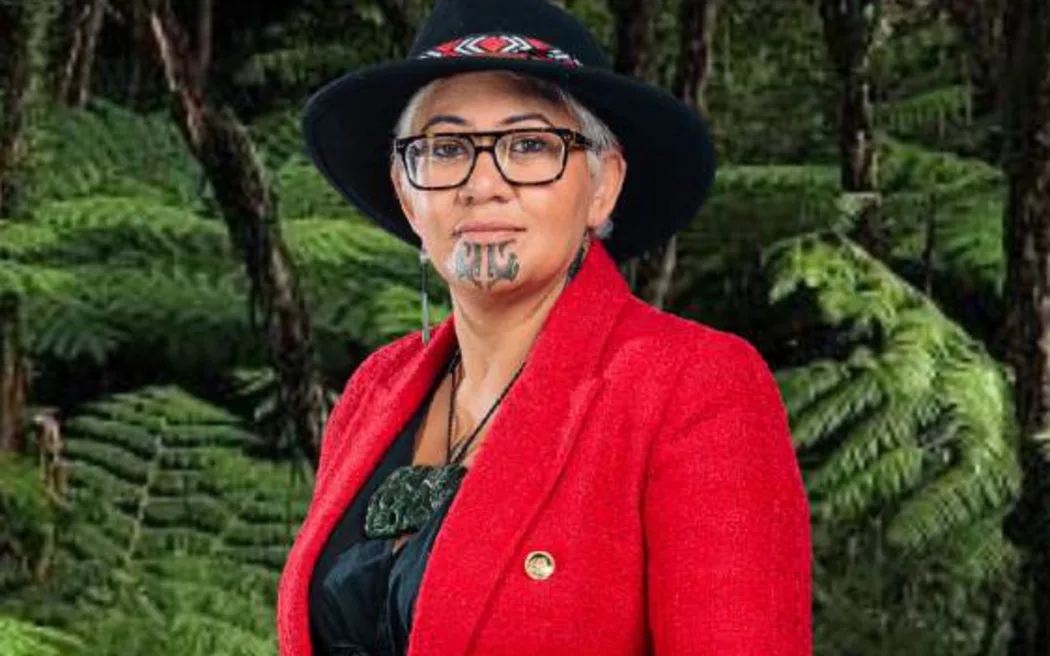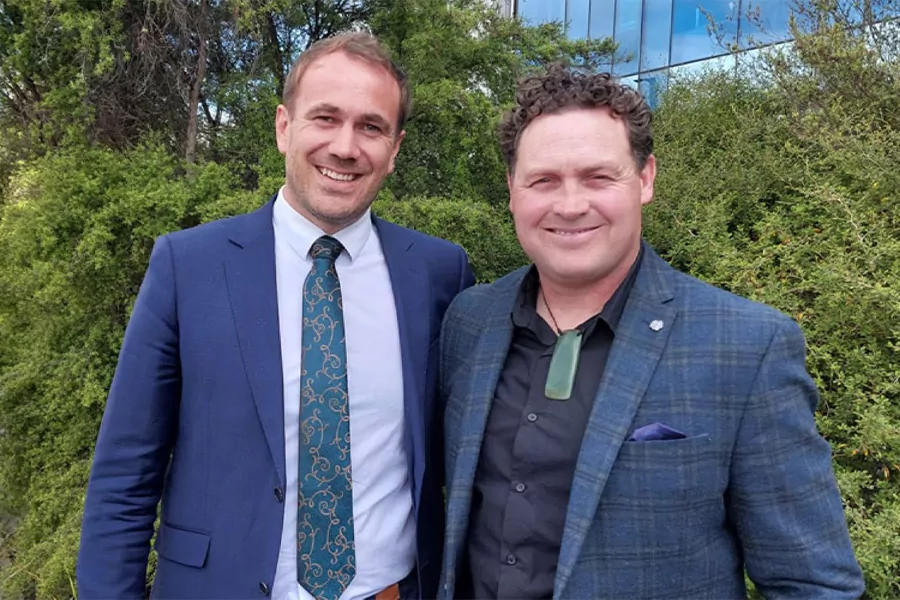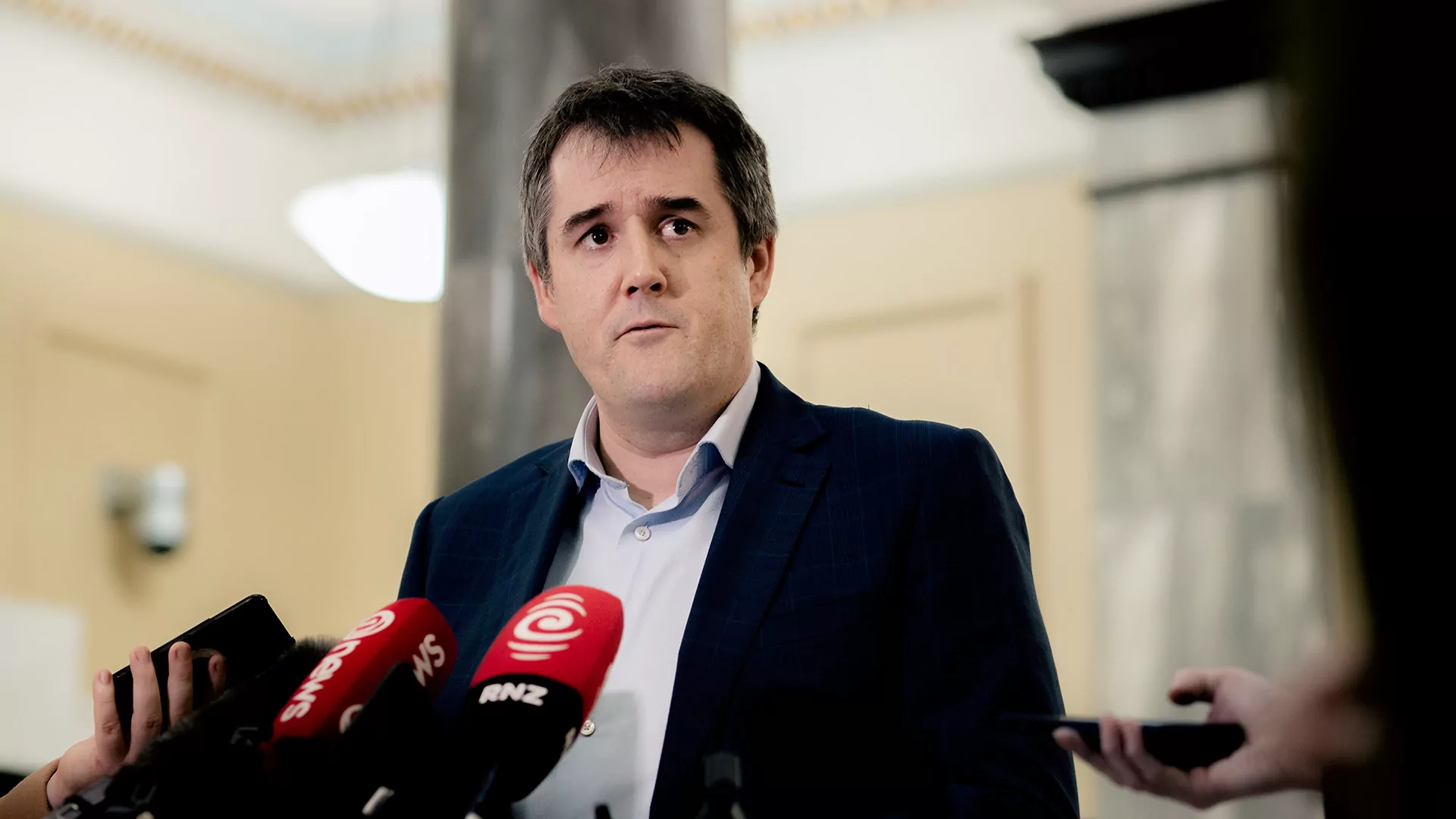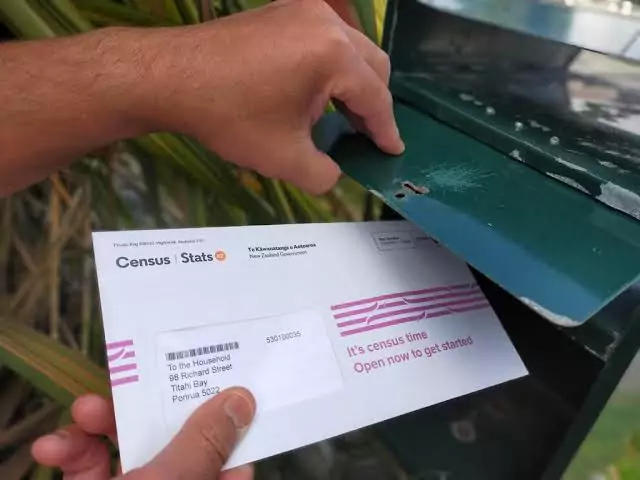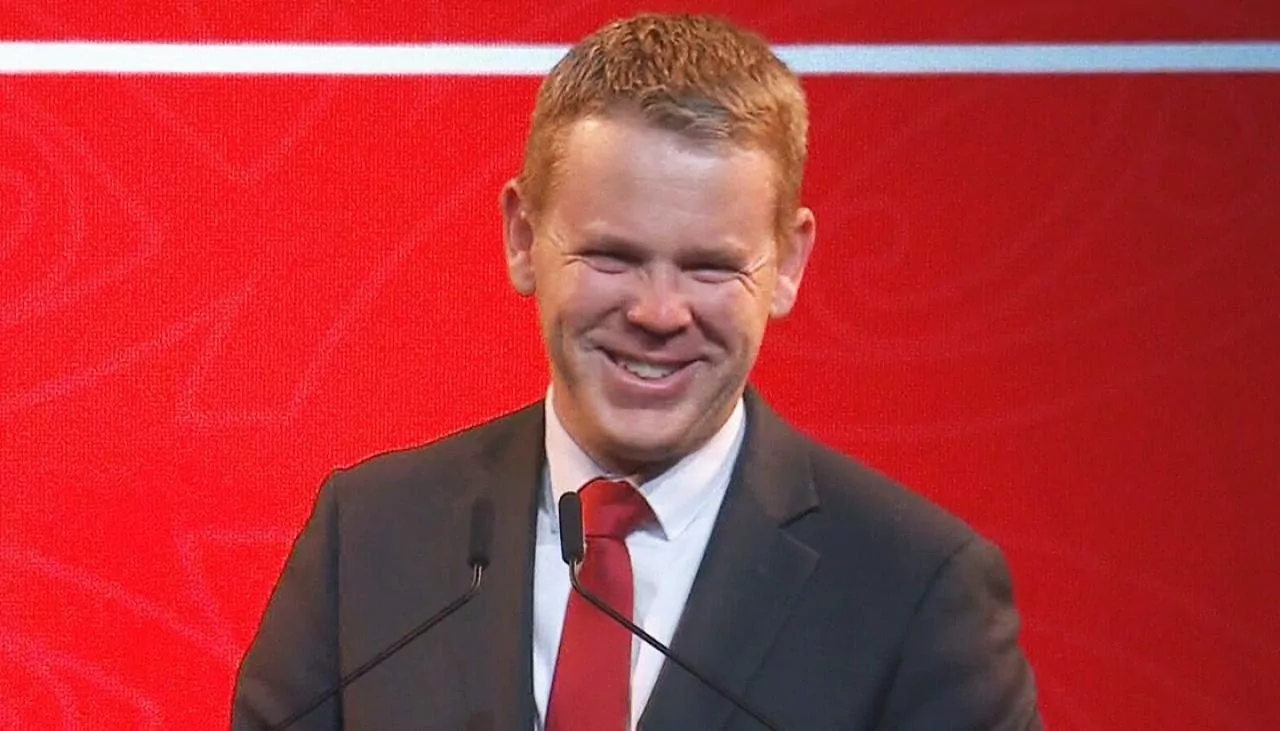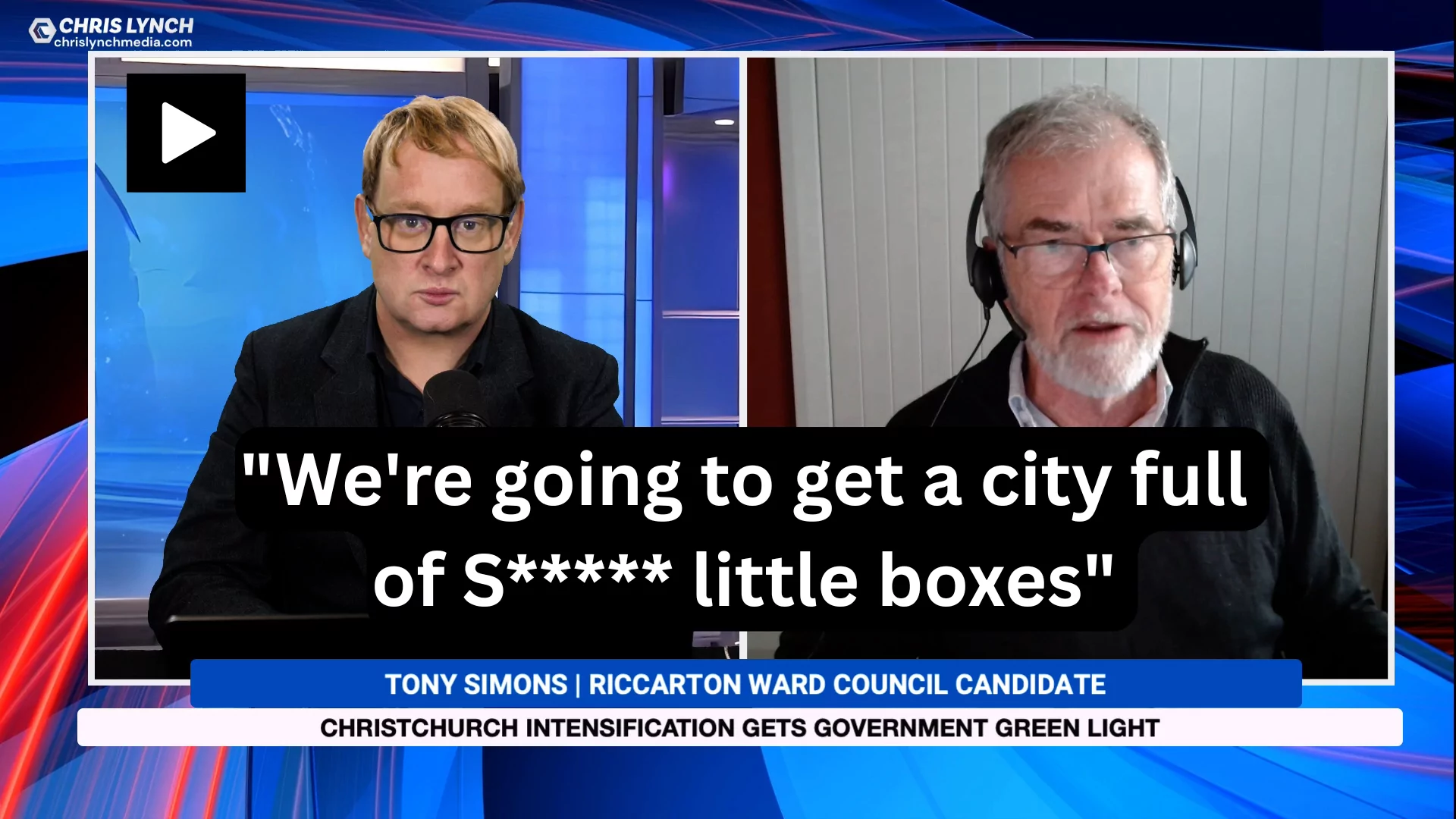Sanjana Hattotuwa and Kate Hannah, the public faces of the Disinformation Project
OPINION: Researchers from The Disinformation Project have been making headlines once again, warning about the rise of disinformation and its potential impact on New Zealand.
Their passion for the subject is undeniable, and it’s clear they are committed to raising awareness about the dangers of false information.
However, despite their efforts, there are still plenty of people who are easily led by misinformation in New Zealand.
The Disinformation Project’s last major appearance in the media was in a state-funded documentary called “Web of Chaos” on TVNZ.
The documentary had intriguing moments, particularly in showcasing how certain conspiracy theorists shifted their focus from anti-government rhetoric to the conflict in Ukraine, as a result of being influenced by pervasive Russian propaganda.
Sadly, there are also many people in New Zealand who get off on writing disgusting comments, but the Disinformation Project’s efforts to combat misinformation seem to have fallen short when it comes to holding the government accountable for any inaccuracies or misleading information.
In an interview with RNZ, Sanjana Hattotuwa, one of the researchers from the Disinformation Project, stated that the levels of vitriol and conspiratorial discourse in New Zealand over the past week or two were worse than anything he had seen during the past two years of the pandemic, including during the Parliament protest.
He called for urgent action, including legislation and community-based initiatives, but did not provide any examples. What makes him an authority figure of truth?
“Let me be very clear, PM Ardern was a global leader in articulating the harm that disinformation has on democracy – at NATO, at Harvard, and then at the UN last year. There has been no translation into policy around that which she articulated publicly, so I think that needs to occur,” Hattotuwa stated.
Hattotuwa recently said there has been a disturbing increase in anti-transgender sentiment following the rally in Auckland that disapproved of Posie Parker’s presence. While it is undoubtedly true that such sentiments are cause for concern, it is evident that Hattotuwa’s comments were intended to unfairly discredit and vilify critics of the counter-protest.
This kind of propaganda is dangerous. It creates a false narrative that casts legitimate dissent and criticism as hate speech and attempts to silence those who hold differing views.
By labelling critics as “transphobic” or “bigoted”, his comments serve to stifle open and honest discourse while simultaneously inflaming tensions and further polarising society.
Moreover, some have raised questions about The Disinformation Project’s impartiality and government influence.
Their stance is crystal clear: no one is immune to the insidious spread of misinformation, particularly when it comes to the threat of white nationalism.
Kate Hannah, another researcher from The Disinformation Project, has outlined specific warning signs to look out for, such as the use of white imagery as a recruitment tool.
“If you see a very beautiful, fair-skinned blonde or red-haired child with beautiful braiding in her hair and some flowers, just take a step back a bit,” she stated. She was referring to the founders of the Voices for Freedom movement, formed in December 2020 by a food and wellness influencer, a crochet designer, and a knitter.
However, her remarks have been met with controversy, with some questioning whether Hannah exhibits the very same traits of racism that she herself has decried. The political right may label her as hypocritical, but those on the left may offer her empathy and understanding.
The Disinformation Project’s lack of scrutiny towards government officials and medical “experts” has raised concerns about its impartiality, with some accusing the organisation of being an extension of Labour.
The abundance of material available for scrutiny only adds to the suspicion that the project’s motives for avoiding criticism of the government may be motivated by ulterior political or ideological motives.
It wasn’t all that long ago that Jacinda Ardern went on national television and said “in fact we entirely expect that people who are vaccinated will still get COVID-19. It just means that they won’t get sick and they won’t die.”
Ardern also said the virus was “literally finding unvaccinated people.”
There were individuals like Professor Rod Jackson who claimed that without vaccination, everyone in New Zealand would inevitably contract COVID-19, leaving no alternative. Despite the abundance of evidence pointing to the falsehood of these claims, no scrutiny or criticism was directed toward these misleading comments, which suggests a concerning lack of accountability for spreading misinformation.
Just as families were beginning to heal after being torn apart by divisive arguments over vaccines, the government doubled down on efforts to create more divisions, urging citizens to be suspicious of their own friends and family.
In a report on News Hub, presenters said, “our secret service is launching an initiative to help us identify people who may have been radicalised. “Know the Signs” is a guide for identifying signs of violent extremism’, details dozens of indicators that a friend or family member could be planning a terror attack.”
Rebecca Kitteridge stated, “It could be the COVID measures that the government took. Or it could be other policies that are interpreted as infringing on rights. And it’s sometimes described as a kind of hot mess of ideologies and beliefs fuelled by conspiracy theories.”
However, it is important to note that Kitteridge may have overlooked High Court rulings that have found government actions were in violation of citizens’ rights. For example, a judgement declared vaccine mandates for Police and the Defence Force were an unjustifiable infringement on the country’s Bill of Rights.
Two months later, another ruling found that the government’s COVID-19 border controls were unlawful and deprived citizens of their right to return home.
While it’s clear that the political climate in New Zealand is highly polarised, it’s worth questioning whether The Disinformation Project’s actions are only exacerbating the situation, all in the name of “Keeping Kiwis safe.”
By promoting biased and sensationalised narratives, the organisation may be contributing to the division and hostility that already exist in the society, rather than working towards creating a more informed and united community.
The Prime Minister’s initial suggestion that the style and tone of the protests on Parliament grounds were “imported from overseas” was a misstep. As it turned out, influential social media accounts that supported the protests were all based in New Zealand, making the Prime Minister guilty of spreading misinformation.
Chris Hipkins refused to apologise for claiming women used false information to cross the Northland border when, in actual fact, a blunder by a government worker sent Northland into an 11-day lockdown after travel documents that were meant to be declined were mistakenly approved. He did eventually apologise to journalist Charlotte Bellis for releasing false information about her.
The fact that government contractors provided Covid-19 “commentators” with advance notice of announcements before they were made public was a disturbing revelation. It suggests a concerted effort to manipulate public opinion and control the narrative rather than to provide accurate and timely information to the public.
As New Zealand Herald investigative journalist Kate Mcnamara noted, “what is surprising here, and ill-advised, is the opaque endeavour to draw the independent voices of civil society, and particularly of academia, so close to the mechanism of Government spin.”
There is no doubt that The Disinformation Project researchers are exposed to disturbing content. However, the messaging that accompanies their commentary warrants closer scrutiny.
Last year, Hannah appeared on television claiming the Government’s controversial Three Waters Reforms had fuelled anti-Māori sentiments. Was that really the case, or is she merely a pawn being exploited to undermine those who challenge the Government’s ideology?
She has emerged as a leading advocate for the Government’s campaign on hate speech laws, employing fear-mongering tactics to paint New Zealand as a terrifying place. At a conference in Christchurch she spoke about the untold horrors of “the imperial project.”
According to Hannah, the stain of blood that runs through the Island’s story is rooted in imperialism, which was rolled out from Europe over centuries and formed and shaped by the doctrine of discovery, and is the foundation of the structures and systems of New Zealand. She argues that these structures – imperialism, colonisation, white supremacism, misogyny, Islamophobia, homophobia, antisemitism – underpin the human and technical features of life online, making everyone a target of disinformation.
While this exhaustive list of victims may secure never-ending funding from the Government, Hannah presents herself with just enough perceived separation to drive “independent” fear into people. However, it remains to be seen whether this will be enough for people to willingly give up their freedom of speech. In her world, she must save people from disinformation, but how do we know what’s true?
Ironically, in a TV interview, Hannah stressed the importance of questioning power. However, she fails to apply this to her own advocacy, where she appears to be serving as a mouthpiece for the government’s agenda rather than objectively scrutinising it.
“When Jack Tame asked Hannah “how does anyone know what is and isn’t truth?”, Hannah’s response was revealing. She was completely stumped for words, exposing her authoritarian tendencies and inability to provide a credible answer. “And you’re asking a cultural historian this?” she laughed, attempting to evade accountability by emphasising her credentials, a move that only served to highlight her intellectual shortcomings.
However, in a more measured response, on social media content moderation, Muslim community leader and human rights activist Anjum Raham recently tweeted, “Governments should not be in charge of content moderation. Neither should the private sector. It should be statutorily independent bodies. Nothing good can come of this, especially when so many voices of dissent have been silenced in India over the last decade.” She’s right.
In an interview on TVNZ, Hannah proclaimed that we must have honest conversations, even if they make us uncomfortable. However, it seems that she prefers to have these conversations in secret or with selected journalists. She pushed for a series of private meetings to brief journalists on political disinformation. This approach is highly concerning, as it suggests an attempt to manipulate the media and control the public discourse.
In another interview, she identified a group that is particularly susceptible to disinformation – those who consider themselves educated, well-read, and possessing good critical thinking skills. According to her, these individuals are more likely to believe in their own conclusions and less likely to be swayed by others.
It is concerning that the Disinformation Project positions itself as the misinformation thought police but seems to be blinded by its own biases and lack of transparency.
